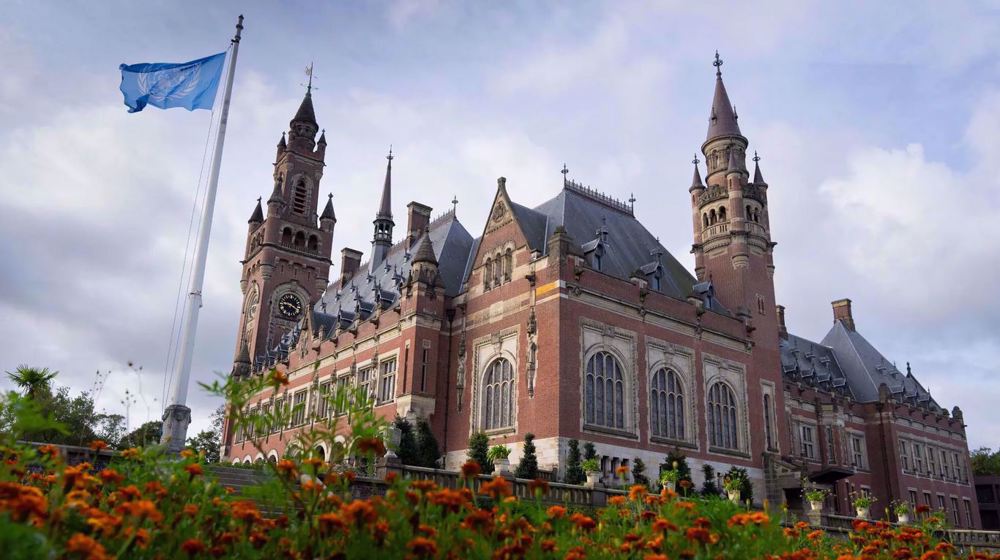Guinea declares Ebola emergency in five regions
Guinea has declared a 45-day “health emergency” in five regions of the African country to stop the spread of the deadly Ebola disease.
In a statement published in national media on Saturday, Guinean President Alpha Conde said that he was declaring the health emergency in the west and southwest of the country, adding that the focus of the virus “has shifted to our country’s coastal areas.”
“That is why I am declaring a reinforced health emergency for a period of 45 days in the prefectures of Forecariah, Coyah, Dubreka, Boffa and Kindia,” he said.
Conde added that “strict measures” will also be taken in the capital, Conakry, to “increase vigilance” in communities against the spread of the virus.
“Wherever the need may be, throughout this period, measures of restriction and confinement will be taken,” said the president.
The restrictions include the temporary closure of hospitals and clinics where there have been cases of Ebola, as well as new rules on burials and possible lockdowns.

The Ebola outbreak began in the African country in December 2013.
More than 24,000 people in nine countries have been infected with the virus, and over 10,000 of them have lost their lives since the Ebola outbreak.
Guinea, Liberia and Sierra Leone are the three African countries worst hit by the deadly virus.
There is no specific treatment or vaccine for Ebola, which is a form of hemorrhagic fever with diarrhea, vomiting, as well as internal and external bleeding as its symptoms. The virus spreads through contact with the bodily fluids of an infected person.
AR/MKA/HMV
VIDEO | Hezbollah rains attack drones down on elite Israeli brigade
Leader: All captains of criminal, Zionist, terrorist gang must be prosecuted
Iran further raises its oil prices for Chinese buyers: Report
Iran to launch major pressure-boosting projects in South Pars
VIDEO | Escalation amid ceasefire talks
EU's Borrell says ICC arrest warrants for Israeli leaders binding
VIDEO | Press TV's News Headlines
VIDEO | Massacre in Pakistan’s Parachinar sparks outrage










 This makes it easy to access the Press TV website
This makes it easy to access the Press TV website